
St. George's University School of Medicine provides useful tips for healthy and balanced fasting during the holy month of Ramadan.

As the holy month of Ramadan begins, St. George’s University School of Medicine offers valuable advice to communities across the Middle East on best practices for maintaining a healthy and balanced fasting experience.
An estimated two billion people worldwide observe fasting during Ramadan, a month that provides an opportunity for spiritual reflection and strengthening family and community bonds. To help individuals maintain their health during this sacred time, St. George’s University shares essential guidance on maintaining a balanced diet, ensuring proper nutrition, and sustaining sufficient energy levels throughout the fasting period.
Best Foods to Break Your Fast
Here are some standard and nutritious food options recommended for iftar:
- Dates: Rich in essential nutrients such as potassium and fiber, dates provide a quick energy source for the body.
- Fresh Fruits: Watermelon, oranges, and grapes are refreshing and hydrating choices packed with vitamins, minerals, and antioxidants.
- Soup: Lentil or vegetable soup is a popular iftar staple, helping to rehydrate the body and soothe the stomach.
- Protein-Rich Foods: Chickpeas, lentils, boiled eggs, grilled chicken, and legumes are excellent protein sources, aiding in muscle recovery after long hours of fasting.
- Bread: Whole-grain bread, Arabic bread, or crackers paired with hummus provide a balanced mix of carbohydrates, proteins, and healthy fats.
Staying Hydrated and Supporting Digestion During Ramadan
Long fasting hours can lead to dehydration and indigestion if not managed properly. To stay healthy, consider the following tips:
- Drink Enough Water: ATo maintain hydration and prevent fatigue, aimfor 8 to 10 cups of water between iftar and suhoor
- Avoid Carbonated and Caffeinated Drinks: Sodas, coffee, and tea can cause dehydration and bloating, so they should be consumed in moderation.
- Eat Sslowlyand Mindfully:.Overeating—, specially spicy or fatty foods—, an lead to indigestion and discomfort. Eating small portions and chewing food thoroughly aids digestion.
- Engage in Light Physical Activity: A short walk after iftar can help stimulate digestion and prevent bloating.
A Message from St. George’s University
St. George’s University emphasizes that Ramadan is a unique time for spiritual reflection and social bonding. Because fasting lasts for long hours during the day, it is crucial to choose nutrient-rich foods and drink sufficient water to maintain energy levels and overall well-being. A balanced iftar meal that includes vegetables, healthy fats, proteins, and fruits replenishes essential nutrients and promotes a healthier and more fulfilling fasting experience during the holy month.
About St. George’s University School of Medicine
Founded in 1976, St. George’s University (SGU) is a globally recognized center of academic excellence, attracting students and faculty from 150 countries. This international presence makes SGU’s School of Medicine a highly distinguished institution with a unique global perspective. The school is accredited by the Grenada Medical and Dental Council, recognized by the World Federation for Medical Education.
SGU offers a four-year medical degree program, along with pathways for students from various educational systems to pursue five-, six-, or seven-year medical programs. With a network of over 75 affiliated hospitals and medical centers in the United States and the United Kingdom, St. George’s University provides students with a unique opportunity to begin their medical careers in Grenada or the UK.





.jpg) Equipe de rédaction
Equipe de rédaction 












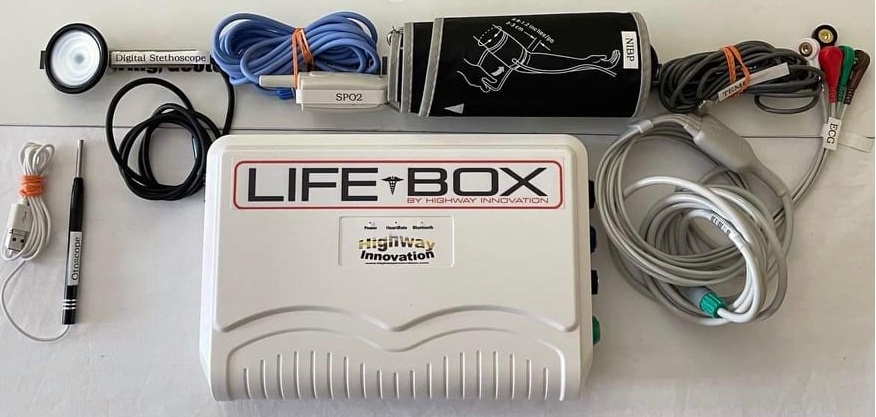

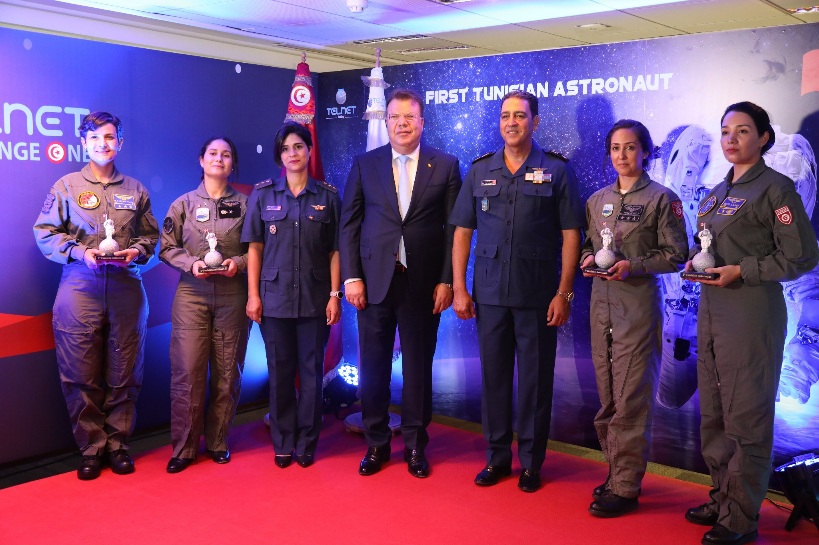
.jpg)

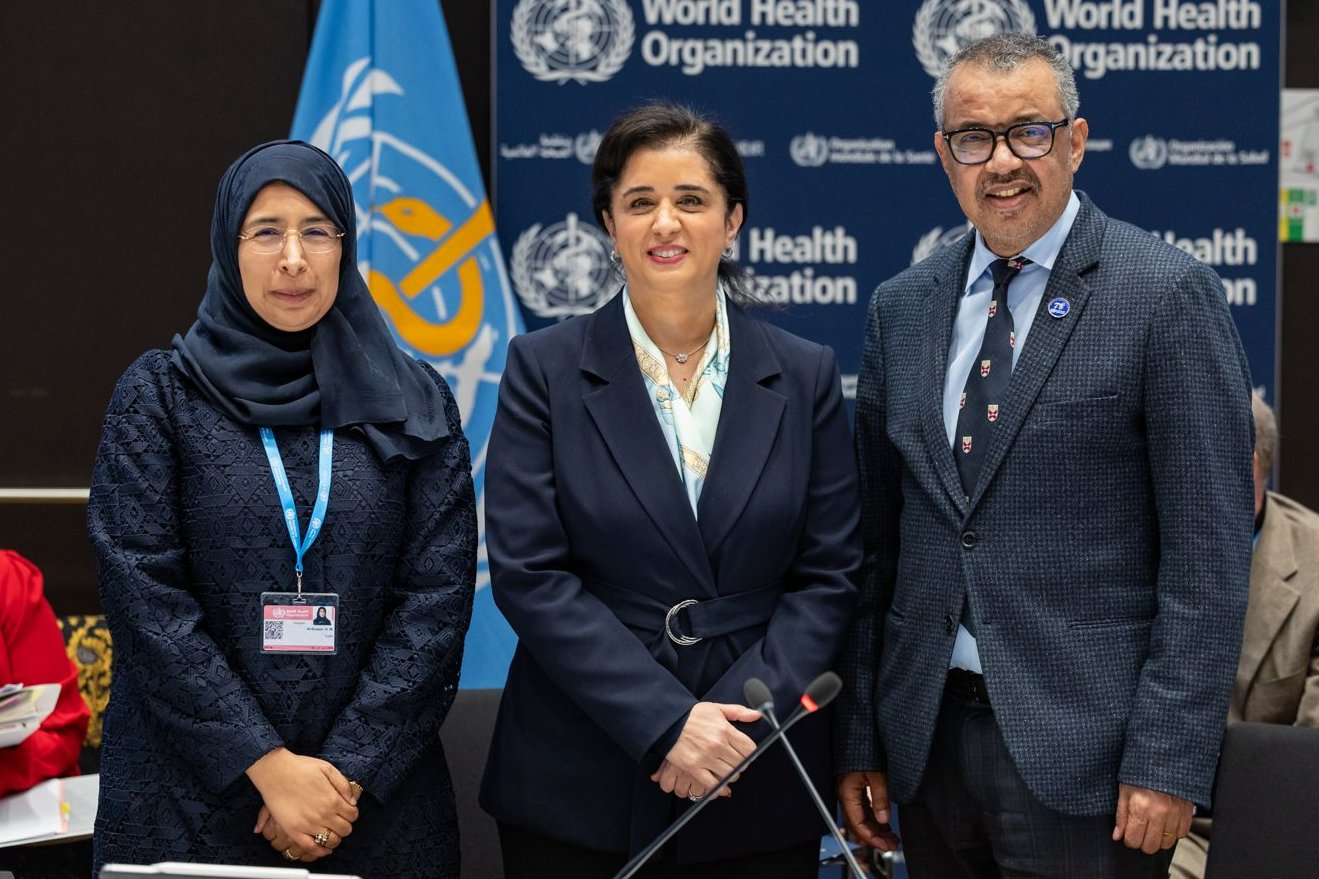
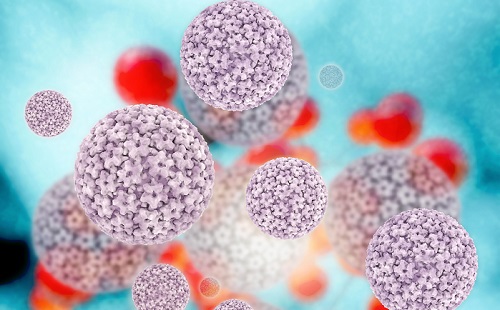





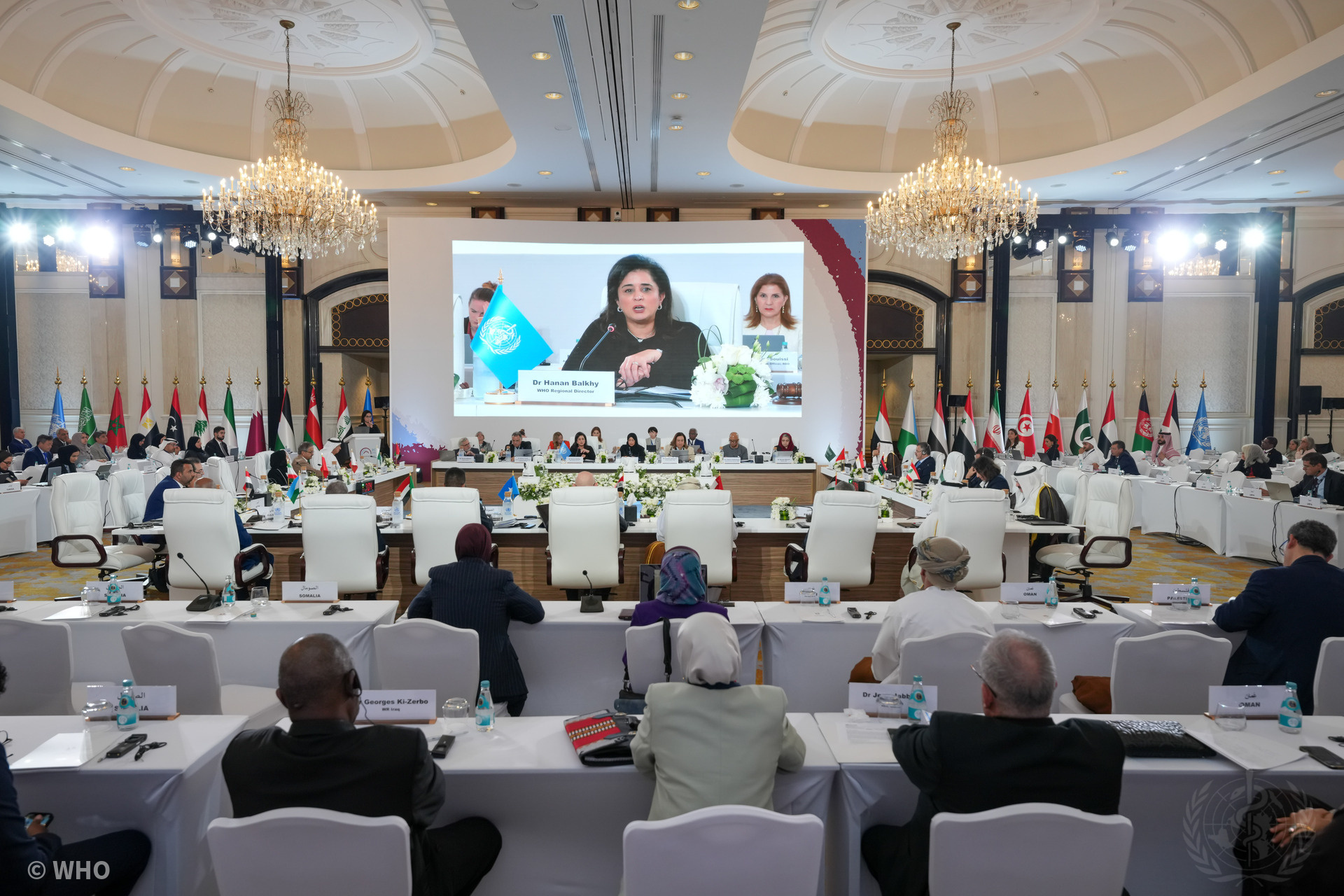

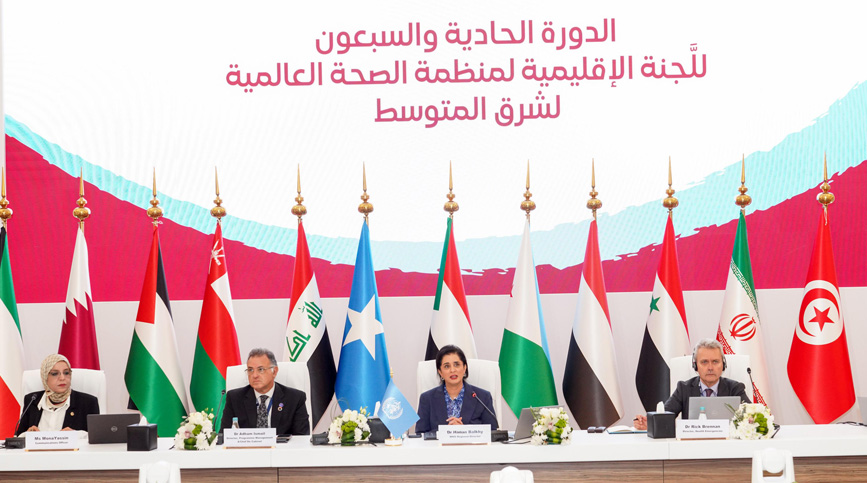
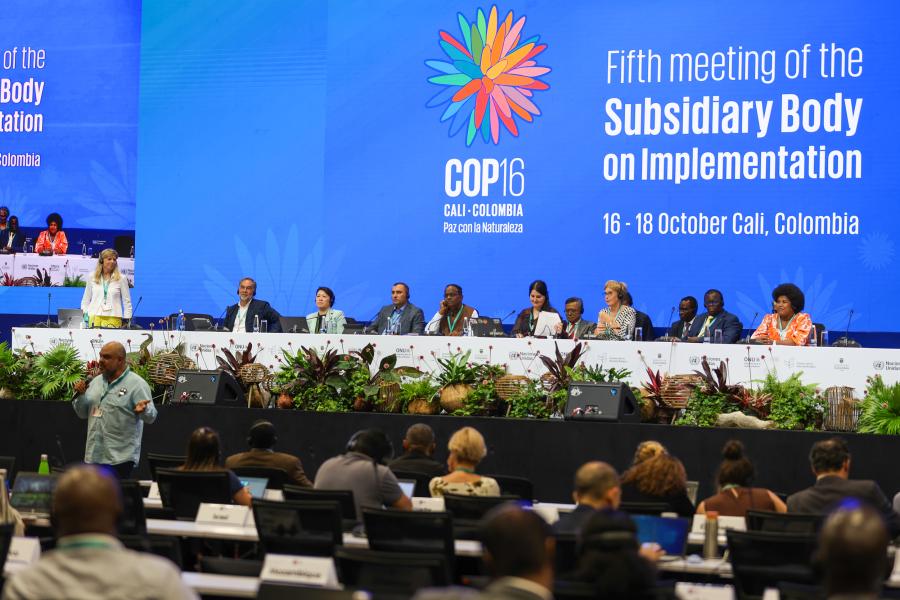

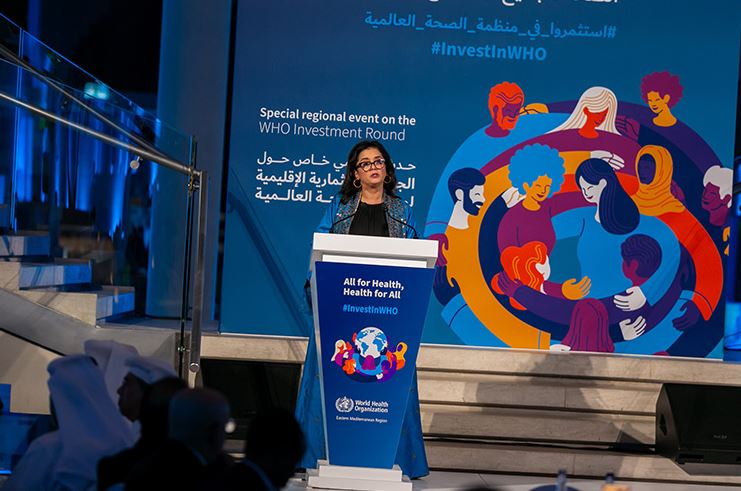

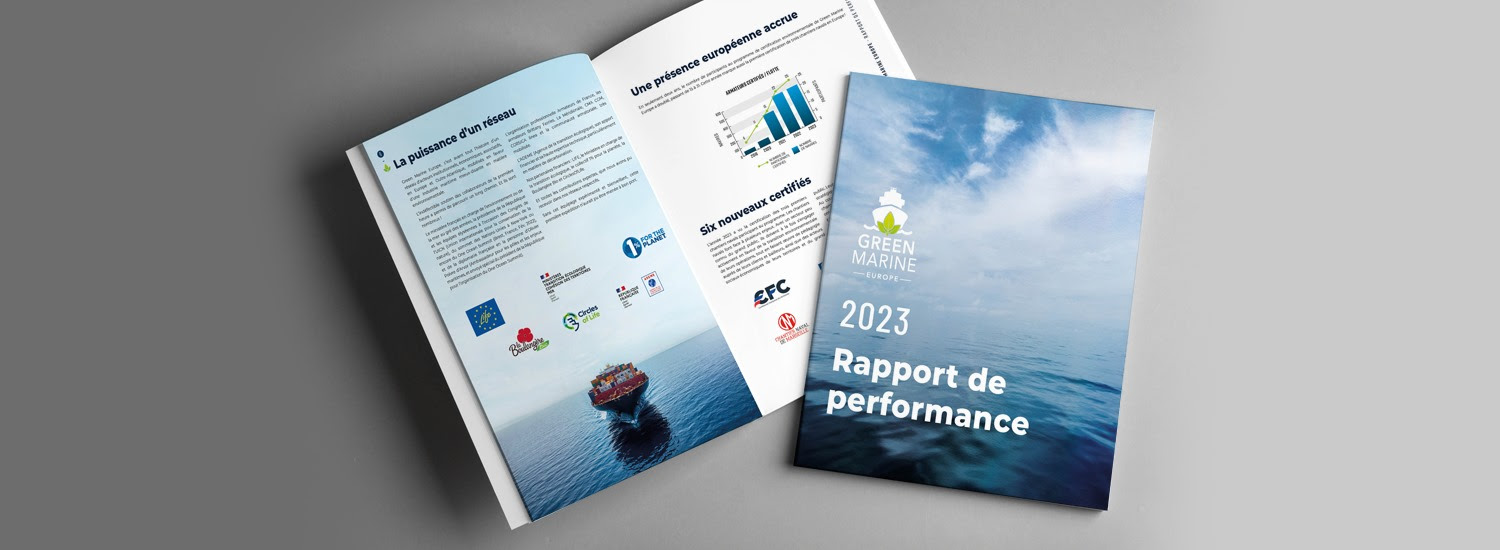
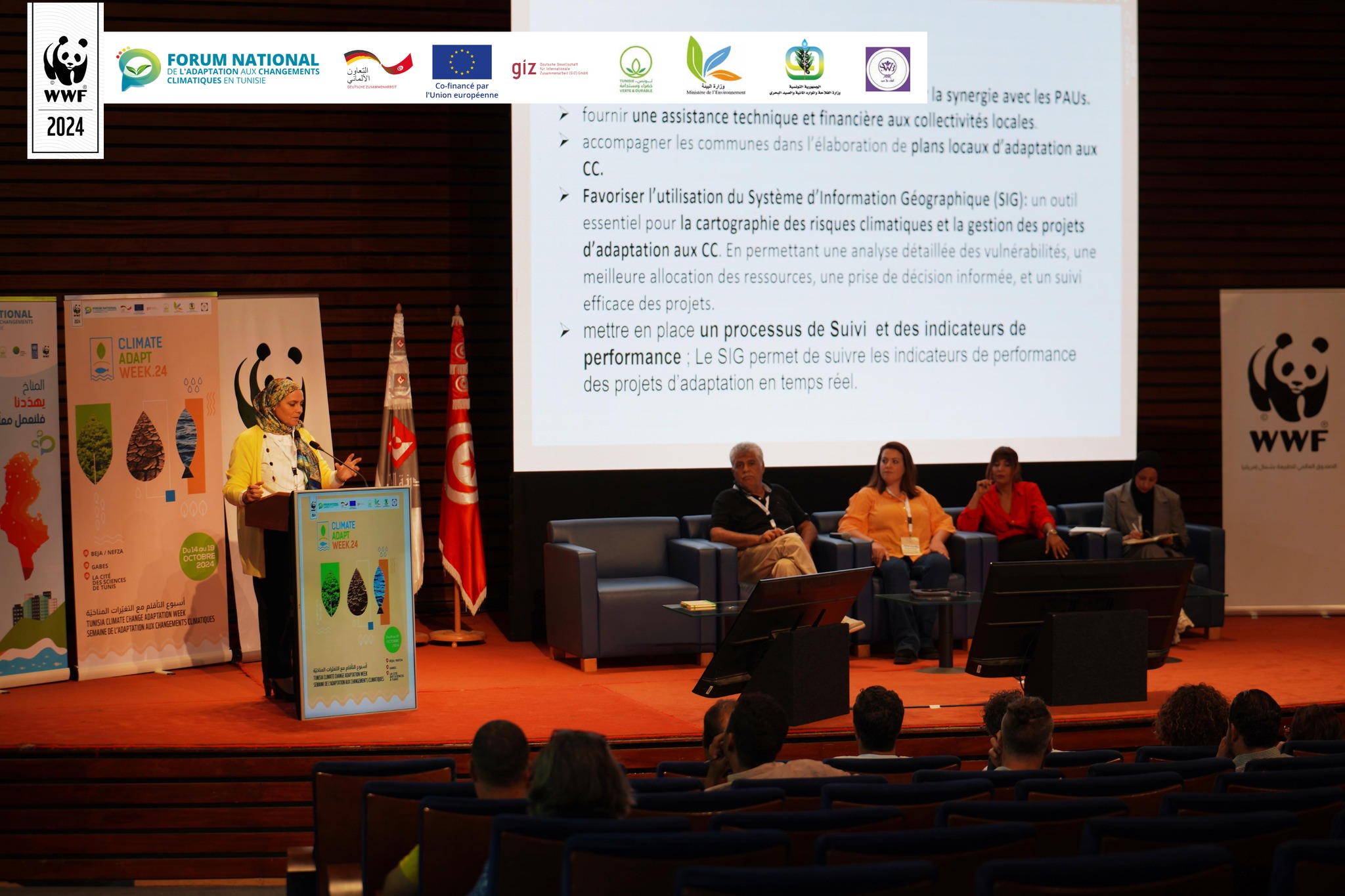
.jpg)


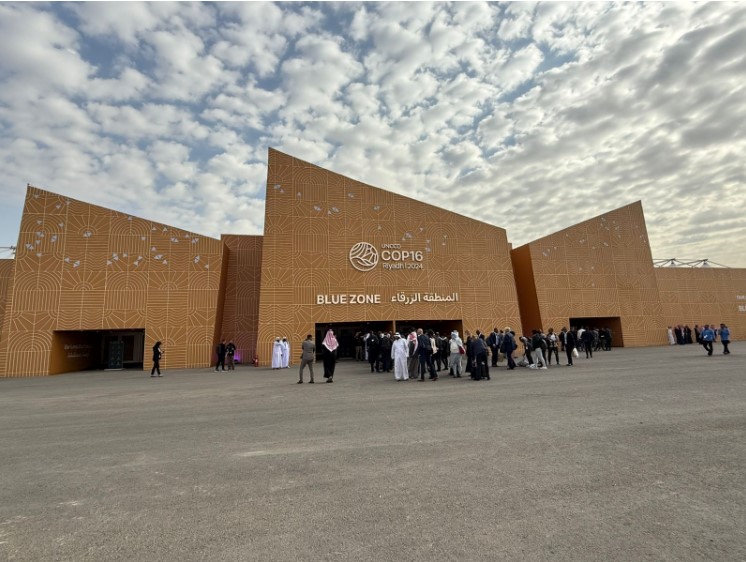
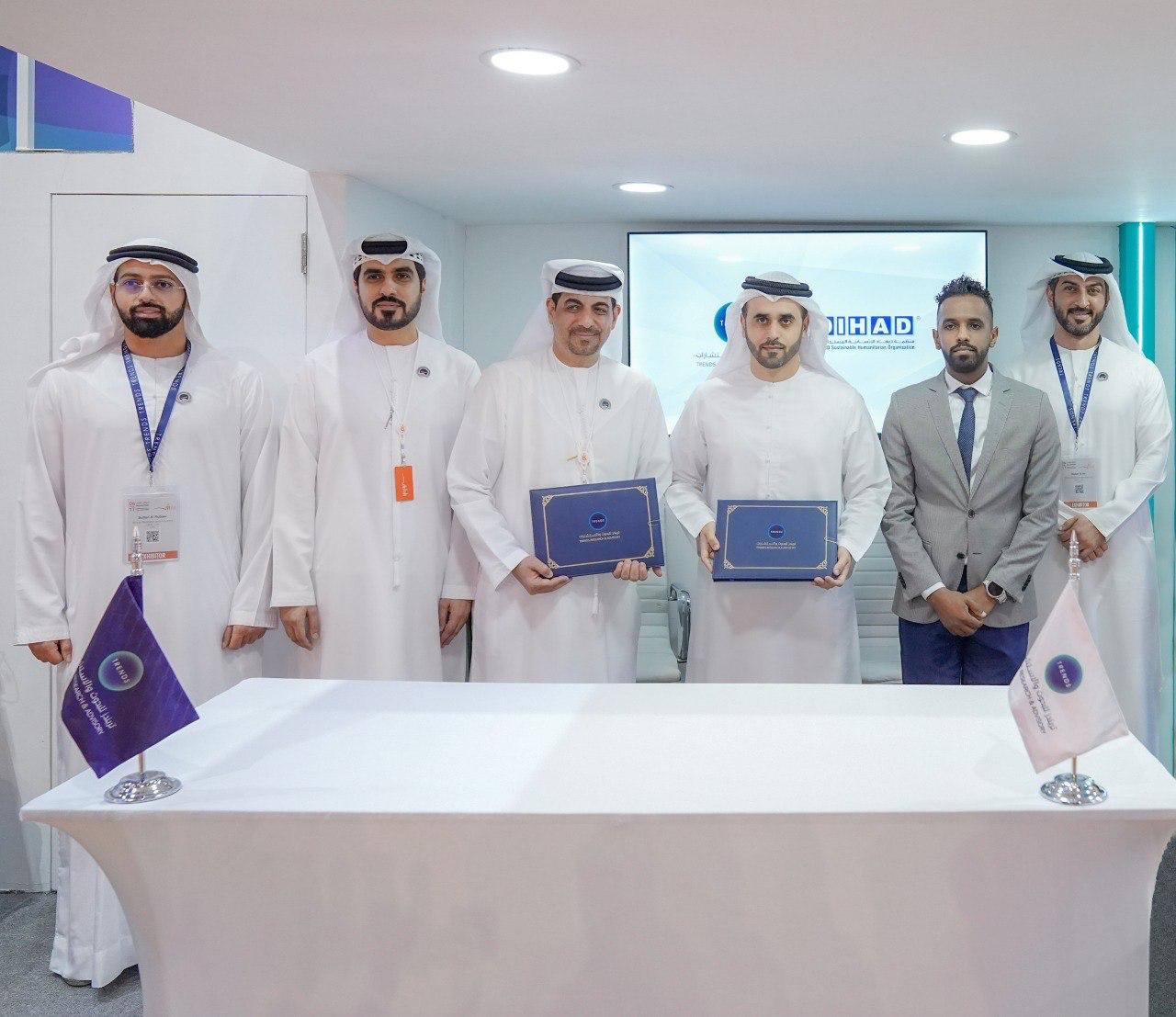
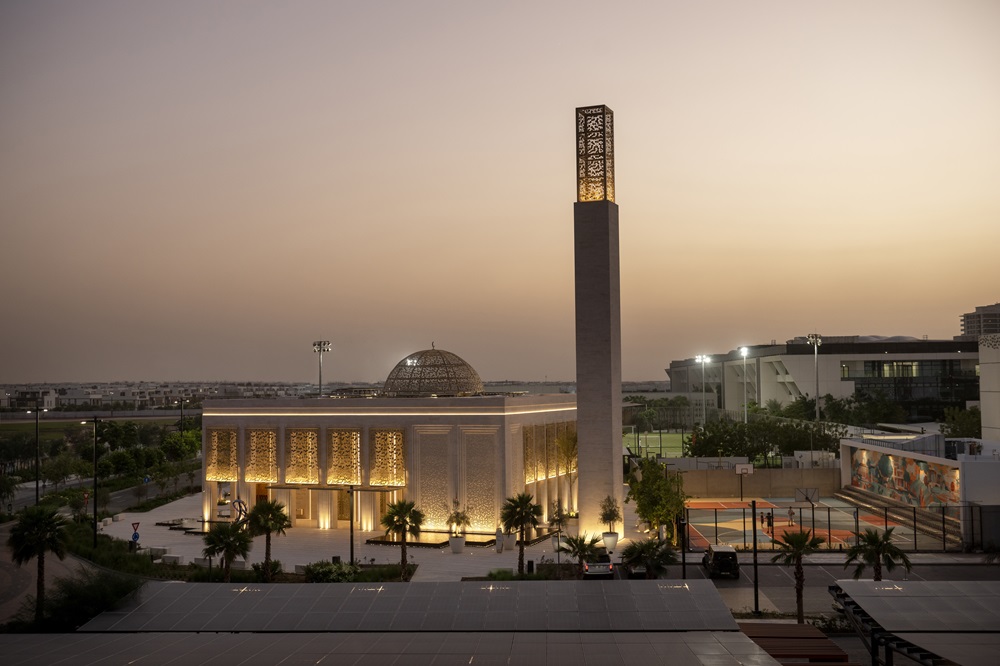
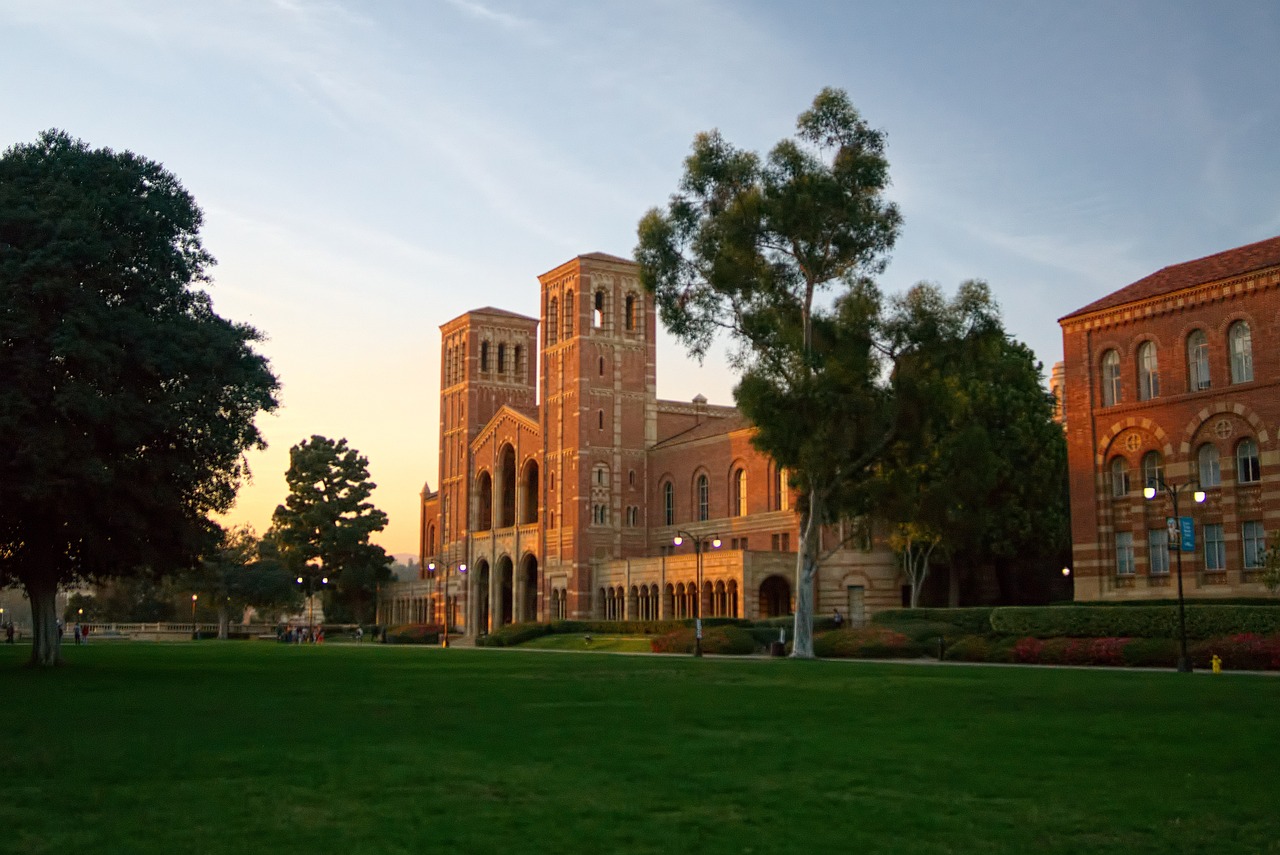

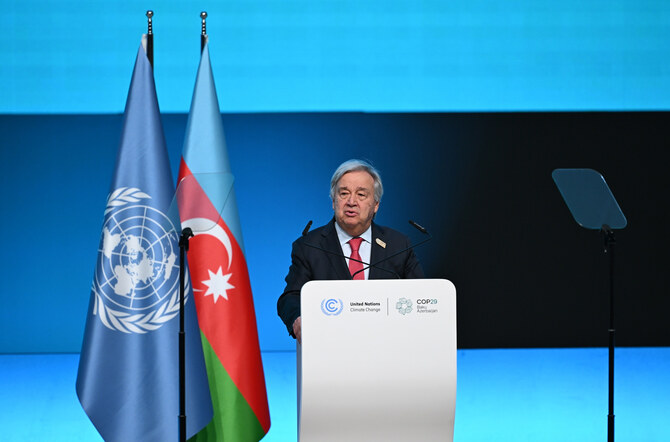
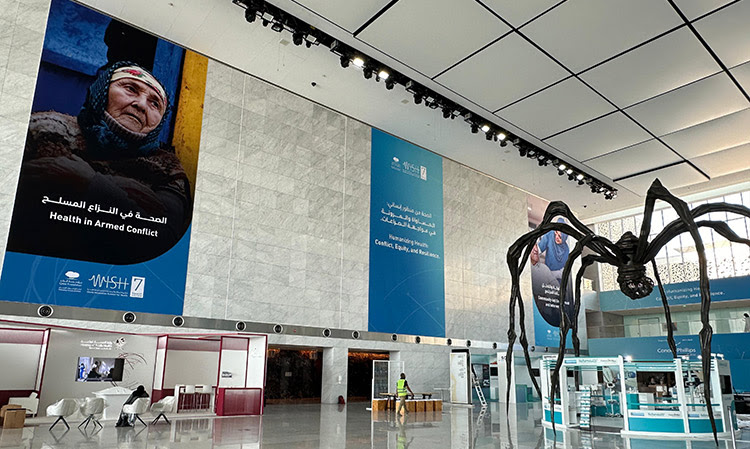
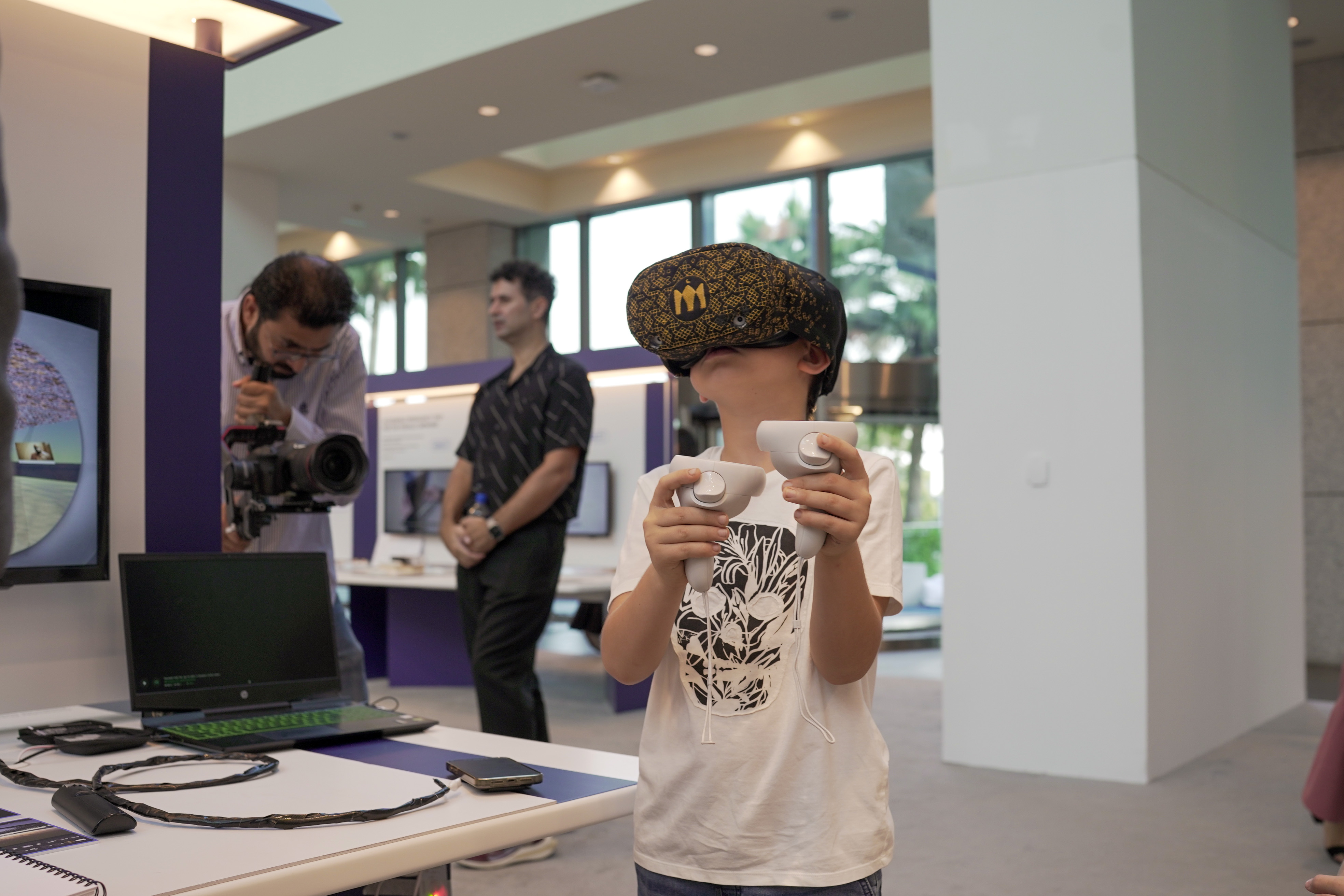







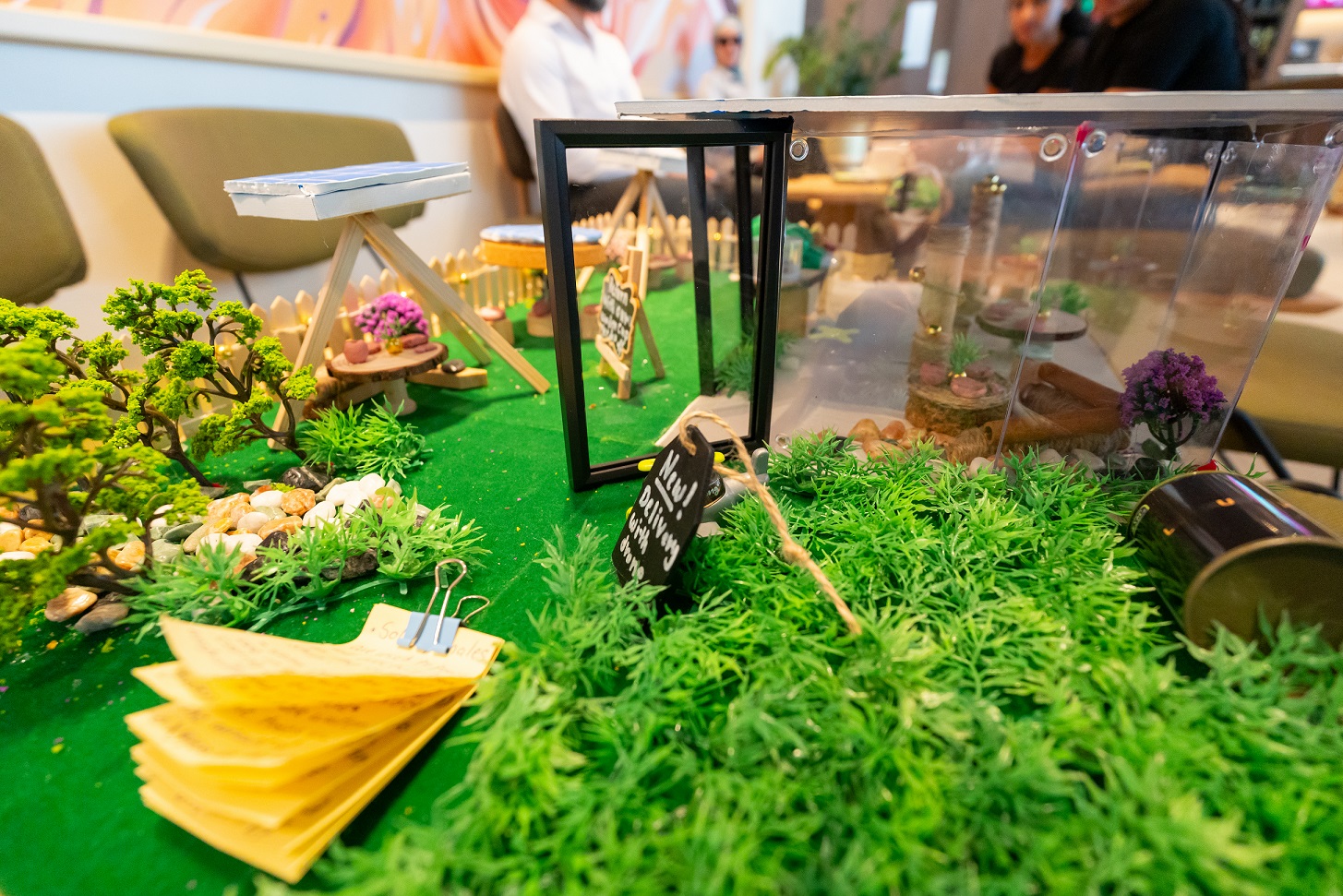
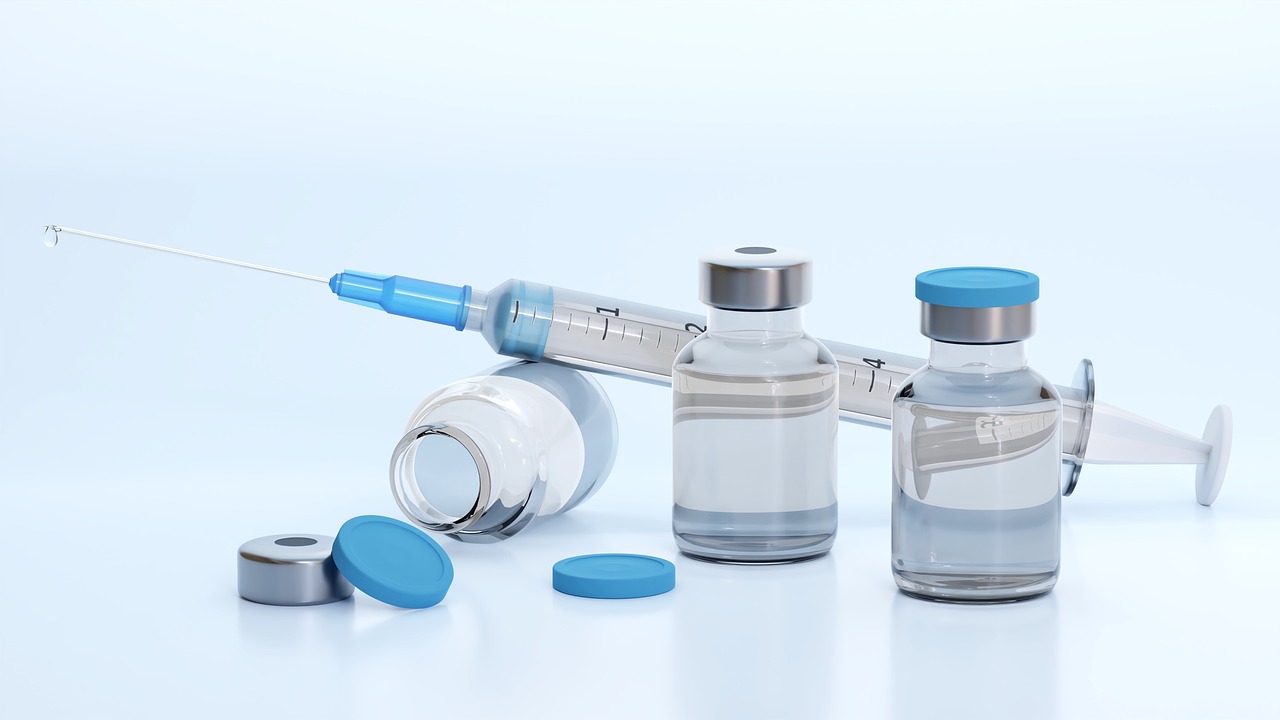
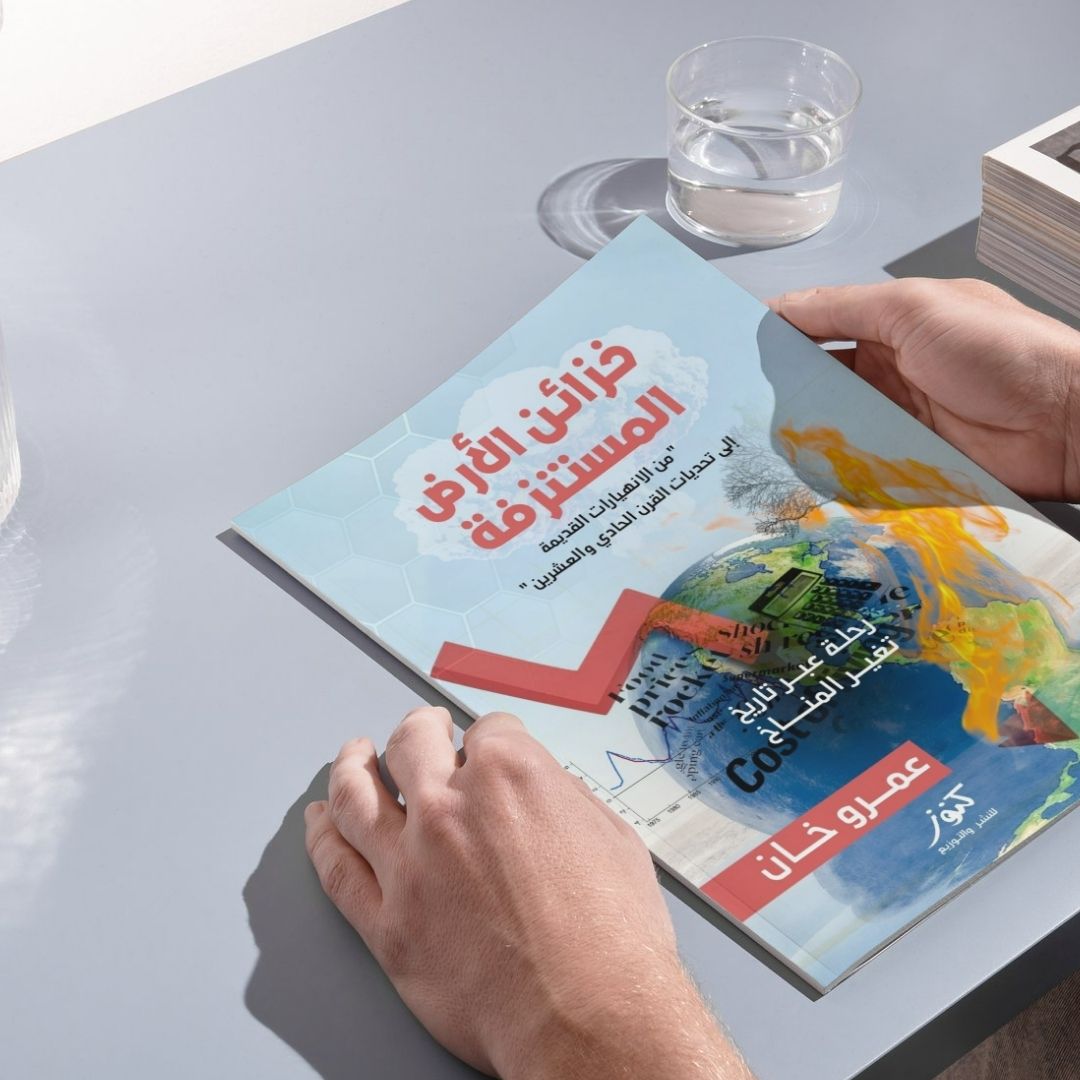



Add Comment